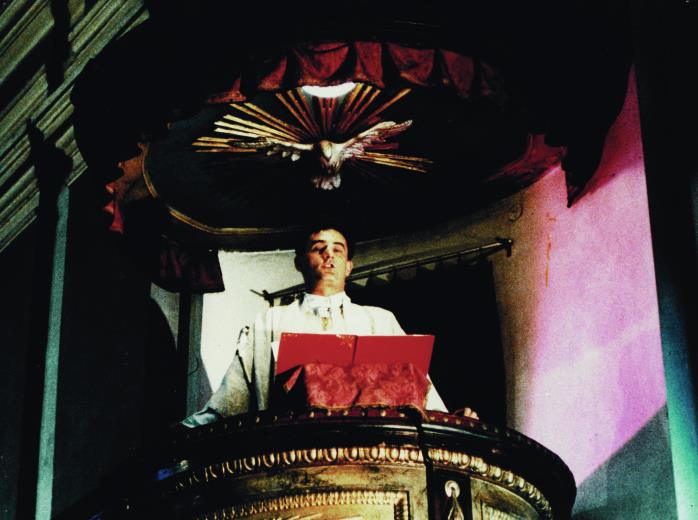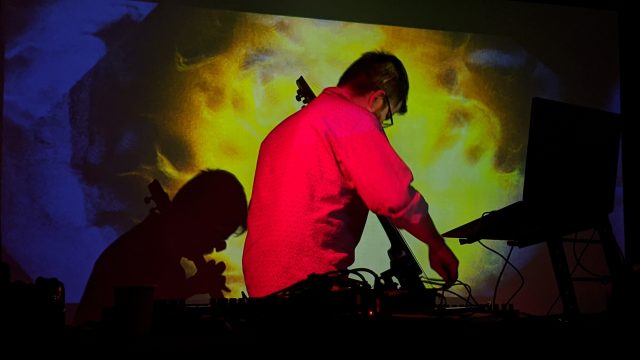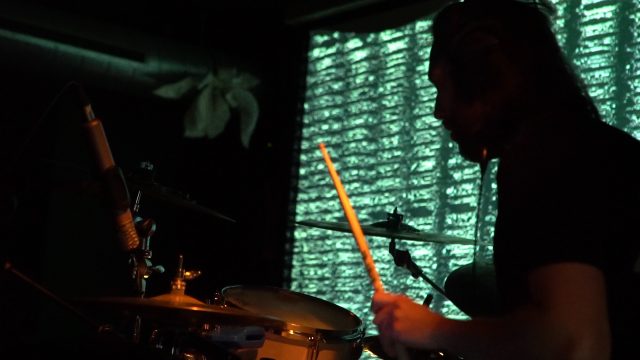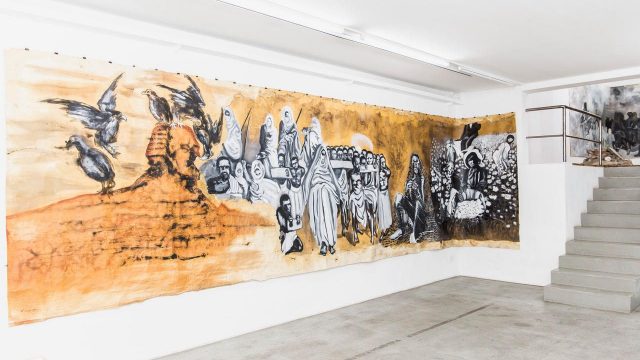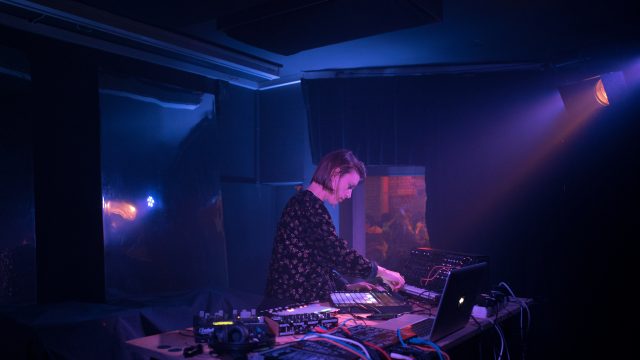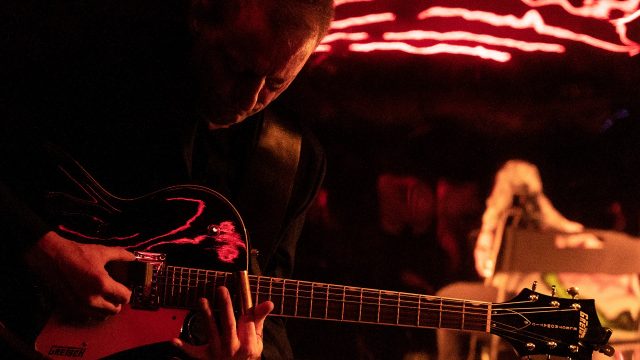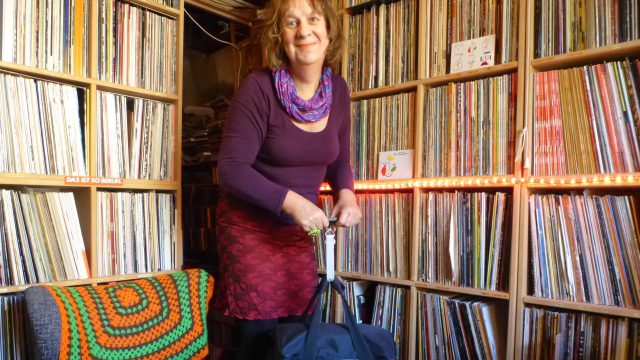This Tuesday Sounding Images is hosting it’s 13th iteration at the ACUD Studio. The screening series highlights the intersection and overlap of music, experimental filmmaking and video art while also including discussions regarding race, class, sexuality and gender.
We caught up with Fiona McGovern, the curator of Sounding Images, to talk about the upcoming film “A Dogs Night Song” and it’s place in Southeast European and international avant-garde cinema.
Hi Fiona, the movie for the next edition of Sounding Images looks very cool. How did you come across the „A Dogs Night Song“?
Hi, and thank you. It was actually the musician and video artist Frank Bretschneider who introduced me to the film. He was part of the acclaimed experimental group AG Geige, founded in Karl-Marx-Stadt in 1986, and later became the co-founder of Raster-Noton, a label which is known for audiovisual performances. In a conversation we once had, I asked him about films or video art from Eastern Europe that had left a mark on him and he among others mentioned the Hungarian filmmaker Gábor Bódy. For me that was quite a discovery to be honest as I had never heard of Bódy before. His last film, “A Dog’s Night Song”, just seemed to fit perfectly into the series. Bódy himself here plays the role of a priest.
Is there a part you really like?
Well, I really like the overall atmosphere of the film. Its dreaminess and melancholy. Also, that there is no main narrative, things happen seemingly incidentally, sometimes different narrative strands overlap, but there is no real plot or anything like that. The characters all quite distinct and have a slightly mysterious atmosphere around them – a fake priest, a suicidal, communist veteran in a wheelchair, a woman who leaves her husband to join a punk band. So you get certain hints about the cultural and political context under which this film was made, but it never becomes overtly explicit.
Very interesting especially in the context of Sounding Images of course are the parts where the avant-garde punk bands A. E. Bizottság (Albert Einstein Committee) and Vágtázó Halottkémek (The Galloping Coroners) appear. They were friends of the filmmaker and connected to the same scene. A. E. Bizottság for example, which was founded by musicians, visual and multimedia artists in the early 1980s, a year later, in 1984, released the film Jégkrémbalett (Ice–cream Ballet) together with an album of the same name.
The movie had a big impact on the avant-garde cinema scene. What makes it so special?
This is a question I would like to pass on to Dr. Claus Löser as he knows much more about this than me. He will do the introduction to the film on Tuesday and is an expert on underground and avant-garde film in Eastern Europe.
So we definitely shouldn’t miss the intro by Dr. Claus Löser?
Claus Löser really is an expert in the field. Especially in Berlin he is probably best known for the programming he does for Brotfabrik cinema and the collection of experimental films from the GDR “ex.oriente-lux – Experimentalfilmarchiv Ost 1976 bis 1989”, that he founded in 1996. In addition to curating, he works as a film critic and publishes regularly on the topic underground and experimental film as well as producing film under totalitarian conditions. He has made documentary films related to these topics and is internationally active in committees, juries, professional associations and teaching.
I’d like to point out that it again was Frank Bretschneider who helped out here as he recommended Claus Löser for the introduction and put us in touch. Personally I’m very happy this worked out. In the end, these kind of word of mouth recommendations and the personal connections to the screened material are also key to what Sounding Images for me is about.
Thank you very much for your time, we can’t wait for Tuesday!
Thank you!
